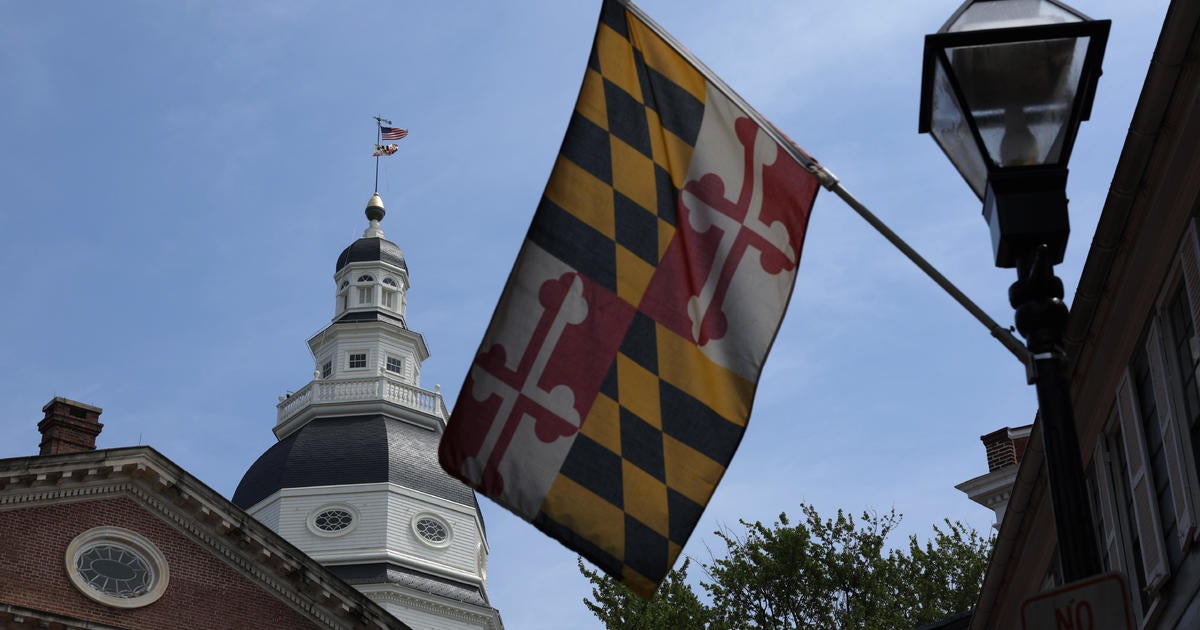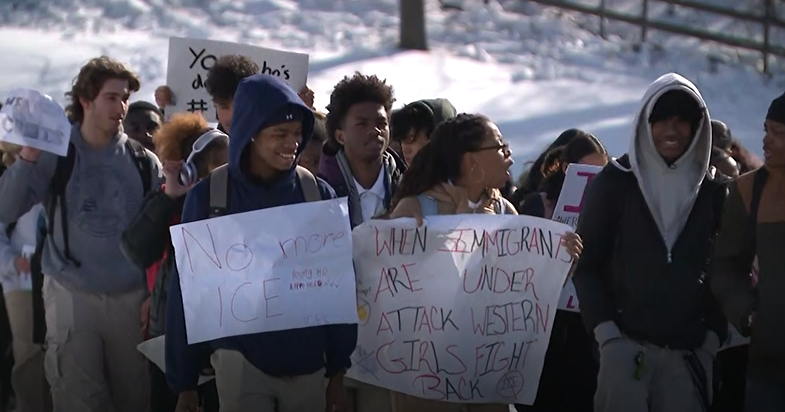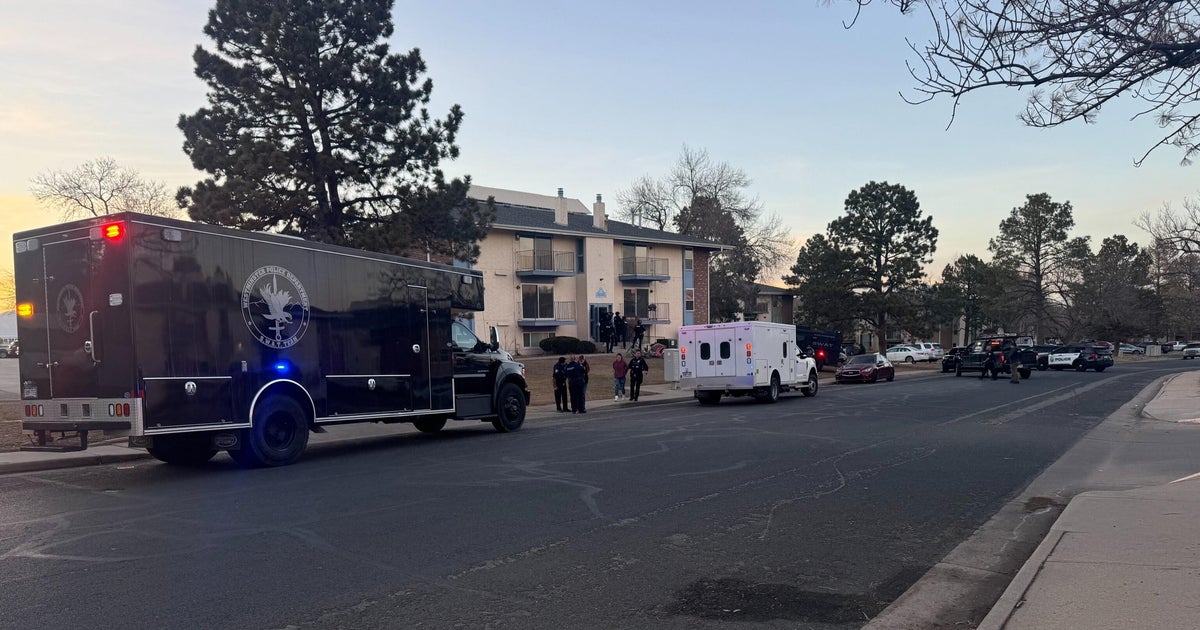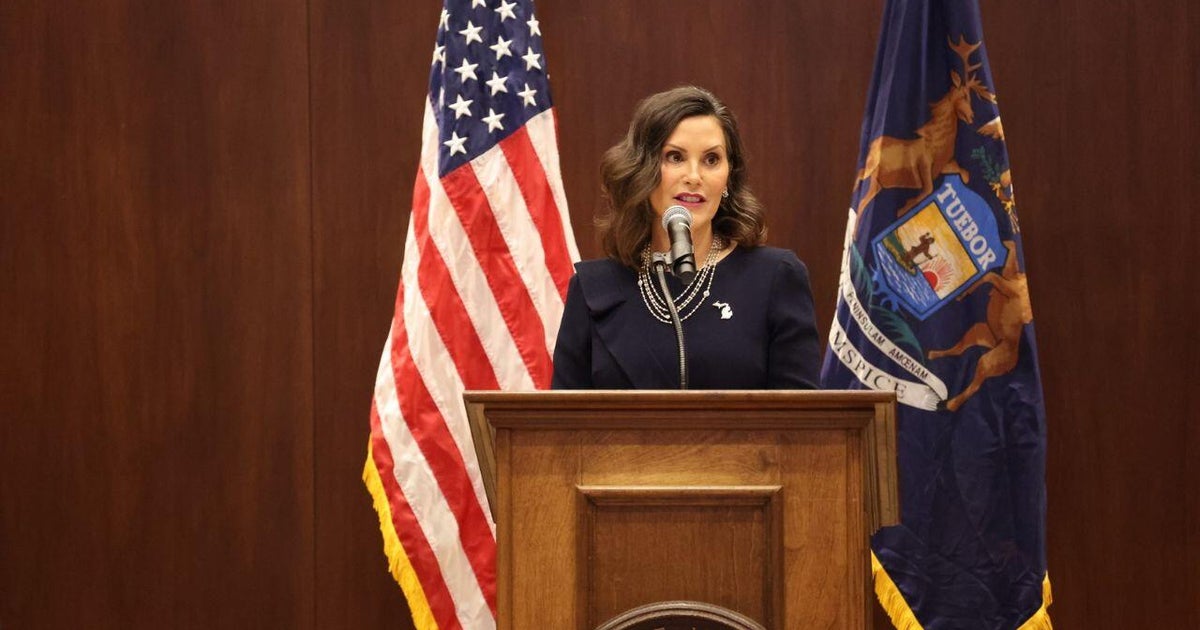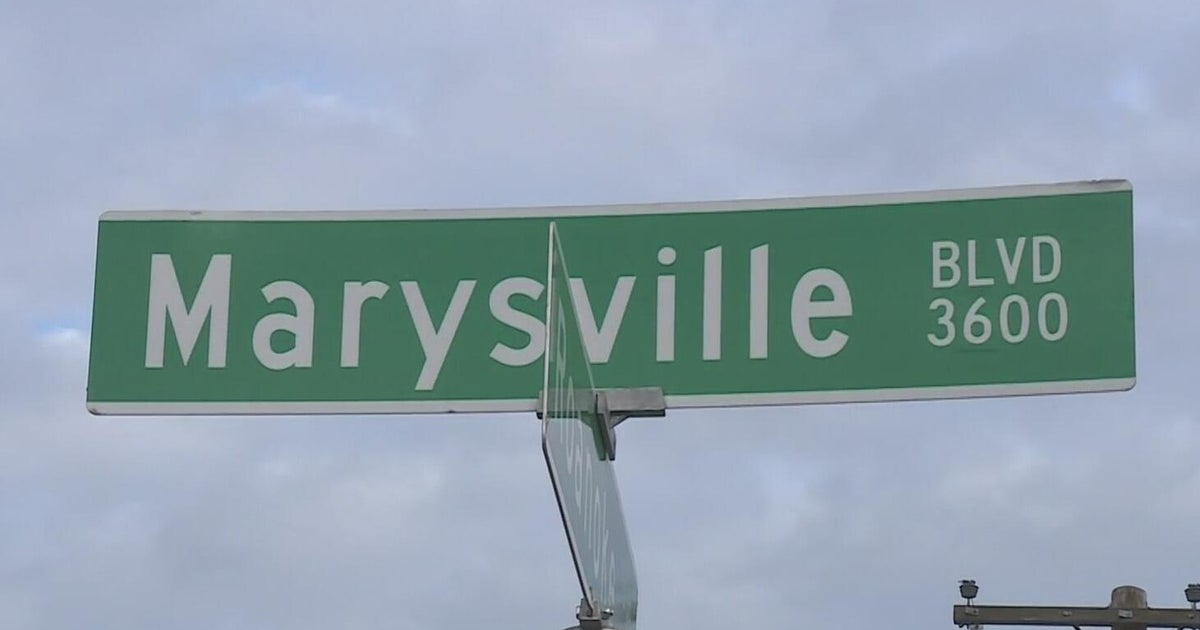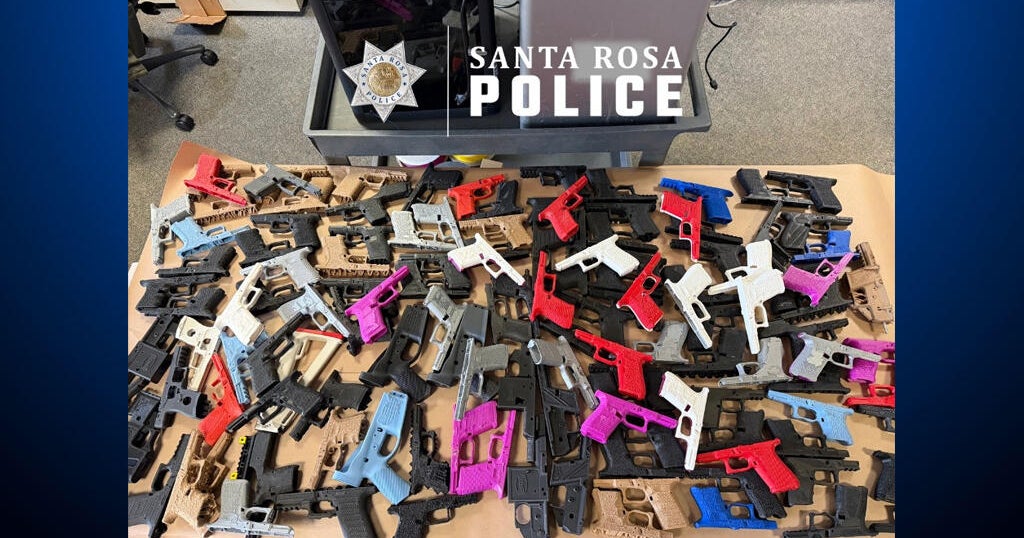Calif. Firearms Bills Would Enact Strict Rules
SACRAMENTO (AP) — Gov. Jerry Brown is set to consider more than a dozen bills that supporters and opponents alike agree would impose the nation's toughest restrictions on gun ownership if he signs the entire legislative package into law.
The Democratic governor has not indicated his intentions.
Among the bills sent to him by the end of the legislative session last week is one that would ban the future sale of most types of semi-automatic rifles that accept detachable magazines.
It would outlaw an entire class of weapons that includes most assault rifles. It is the latest and most far-reaching attempt to close loopholes that have allowed manufacturers to circumvent previous assault weapon bans enacted in the state since the 1990s.
Other bills seek to restrict ammunition sales and who can legally possess firearms. California lawmakers went further than other states, notably New York, in passing bills responding to last year's mass shootings in Newtown, Conn., and Aurora, Colo.
"They would end the debate as to whether California has the toughest laws or not," said Dallas Stout, president of the California Chapters of the Brady Campaign to Prevent Gun Violence.
Yet he predicted Brown will veto some of the bills.
"He's more all over the place than most governors," Stout said. "That's just Jerry Brown."
Brown and his staff will not comment on the legislation, but the governor has a track record of rejecting some firearms bills while signing others.
"I just pray to God that Jerry Brown is the savior of the Second Amendment in this state," said Assemblywoman Shannon Grove, R-Bakersfield, during the debate over one of the bills.
Sam Paredes, executive director of Gun Owners of California, said the assault weapon ban alone would put California in the forefront on restrictions.
"No question about it. The bill will make half of the rifles in existence 'assault weapons,' and make them illegal," he said.
The definition in the assault weapons bill applies to most semi-automatic hunting rifles, along with the military-style rifles that have been used in mass slayings. It exempts .22-caliber rim fire rifles.
Those who currently possess the types of guns covered by the bill would have to register the weapons and could not transfer them to others.
"That's like banning handguns. It's an entire class of guns that are being banned," Paredes said, predicting a legal challenge if SB374 by Senate President Pro Tem Darrell Steinberg is signed into law.
Steinberg, D-Sacramento, defended his legislation and other bills that were sent to Brown as part of a Senate package. They include extending the state Handgun Safety Certificate program to include rifles and shotguns, updating the definition of a prohibited assault weapon to include certain shotguns and expanding the list of those not allowed to own firearms to include people with multiple drug and alcohol offenses.
"The opponents like to paint it as some unreasonable restriction on gun ownership, and these bills are anything but," Steinberg said in an interview moments after the Senate adjourned for the year. "They are drawing a very careful distinction between gun ownership for sport, hunting and even self-defense versus these guns that by definition fire dozens, hundreds of rounds indiscriminately and kill people."
Steinberg called the debate "part of a culture war," while Paredes said the issue more generally splits along rural and urban lines. The state sheriffs' association, for instance, opposed Steinberg's bill as well as a failed measure to outlaw current ownership of high-capacity magazines.
Democrats' overwhelming majorities in the Assembly and Senate gave them the luxury of passing the bills with some Democrats voting "no" or not voting.
But Paredes said gun-owners organizations will consider targeting Democratic lawmakers with large rural constituencies for defeat or recalls. They include Sens. Hannah-Beth Jackson of Santa Barbara and Lois Wolk of Davis, although both represent Democratic-leaning districts and won their seats with double-digit margins a year ago. Wolk is termed out of office after next year.
Even if both were unseated, Democrats in California would retain a comfortable majority, as they do in Colorado, where two lawmakers were recalled last week for their support of gun control legislation.
Steinberg said he is not worried about a backlash because public opinion polls in California support more gun restrictions.
A Field Poll released in February, shortly after the elementary school shooting in Connecticut, found that 61 percent of California voters say it is more important to control guns and ammunition than to protect the rights of gun owners. It was the largest margin of support on that question since the Field Poll began asking it in 1999.
"People support gun violence-prevention here," said Stout, of the Brady Campaign. "That's why we created the toughest laws in the nation the last 20 years."
One high-profile gun bill died in the Assembly after Speaker John Perez, D-Los Angeles, expressed concerns. SB396 by Sen. Loni Hancock, D-Berkeley, would have banned ammunition magazines that hold more than 10 bullets, even for gun owners who already own such magazines. A bill that would have required all ammunition purchasers to pass a background check also stalled.
Perez, a gun owner himself, supported the rest of the measures sent to the governor.
"The proof that we've struck the right balance is that we have the strictest gun control laws and that people are still able to go out and buy the guns they want to buy if they legitimately have the right to own them," he said during a news conference after the year's legislative session had come to a close.
(© Copyright 2013 The Associated Press. All Rights Reserved. This material may not be published, broadcast, rewritten or redistributed.)
